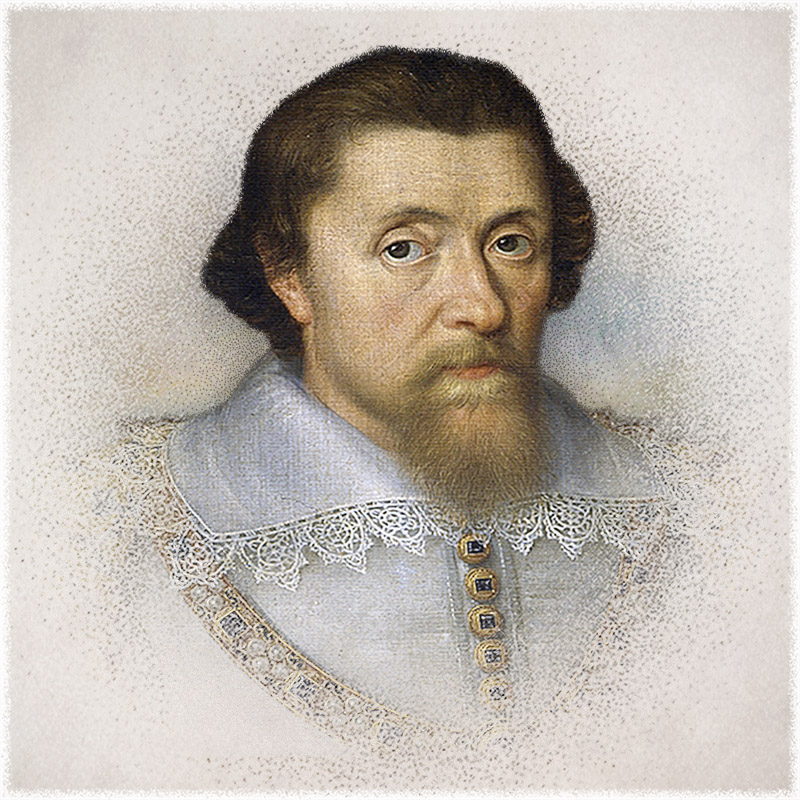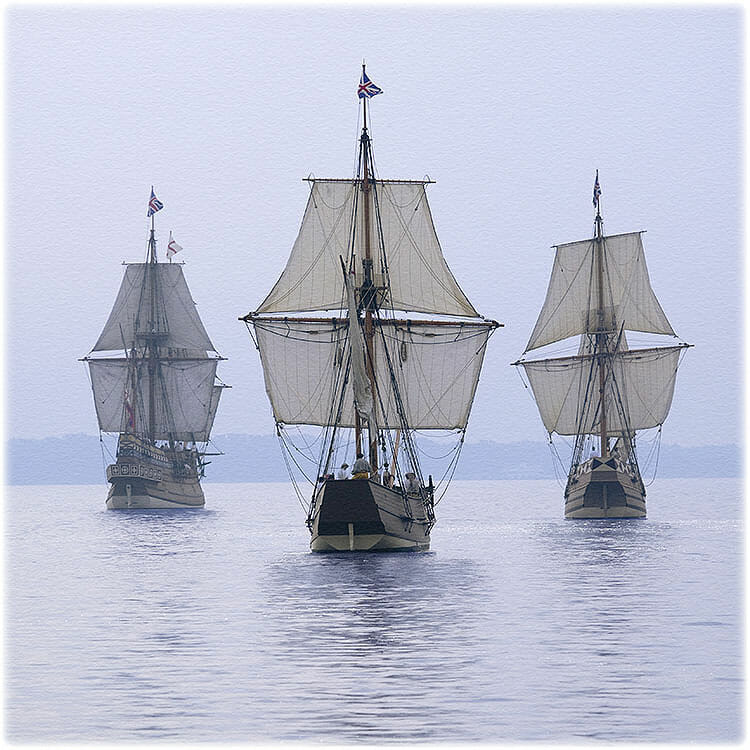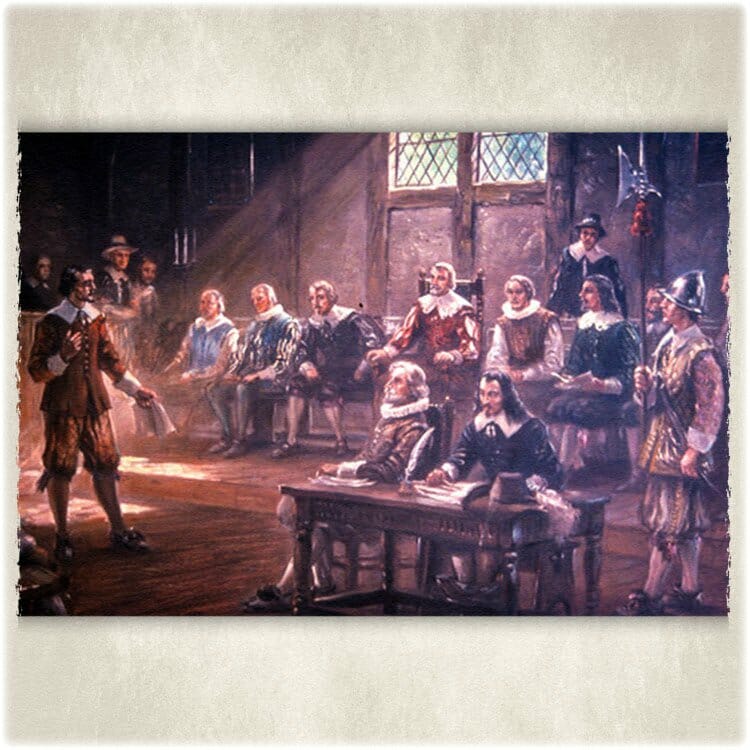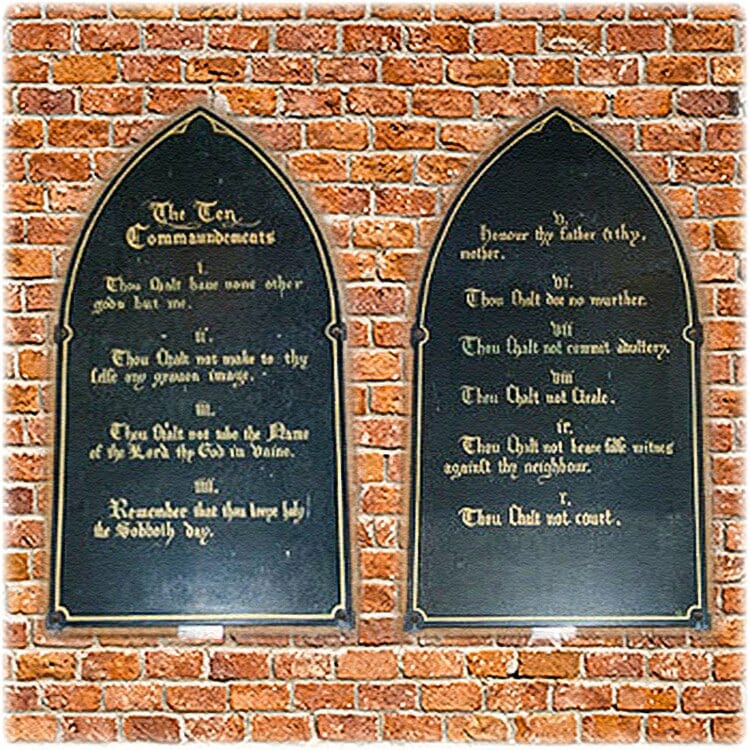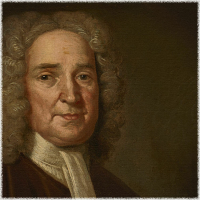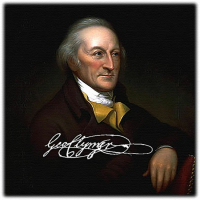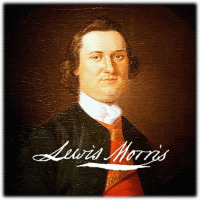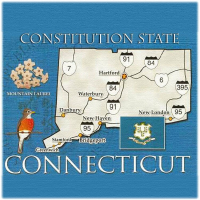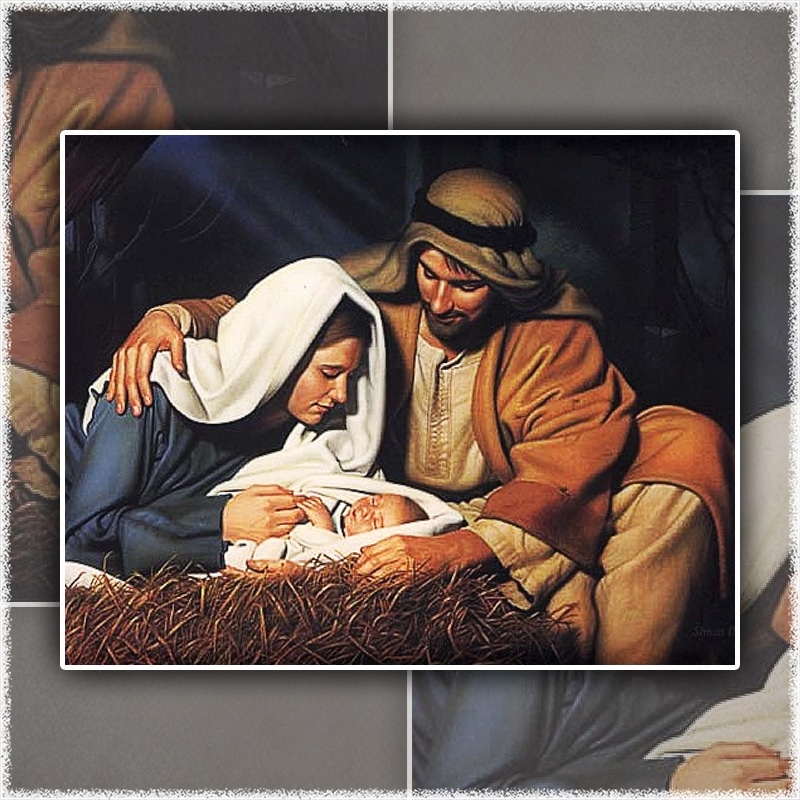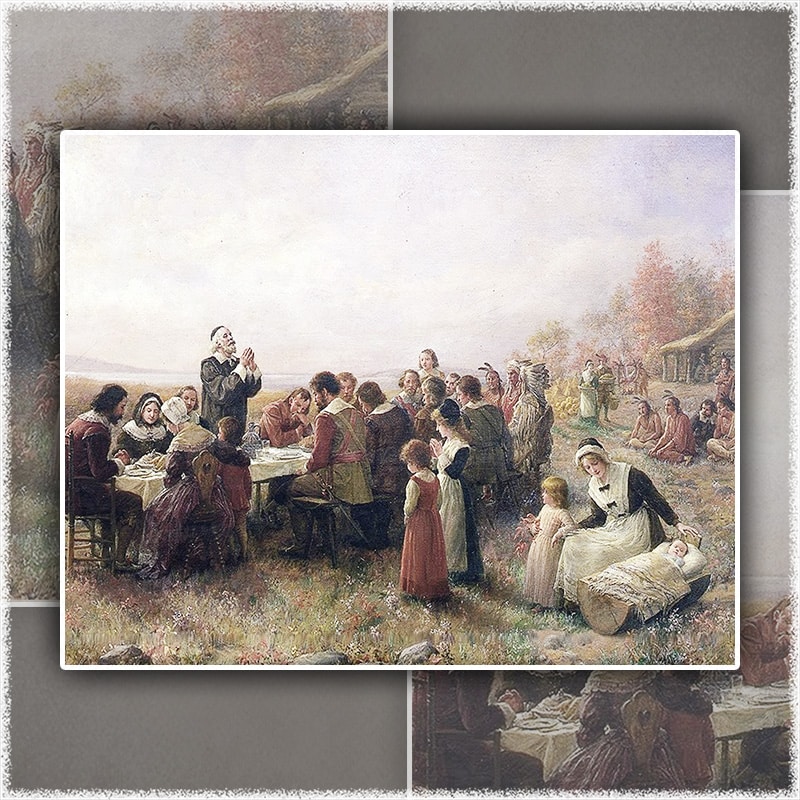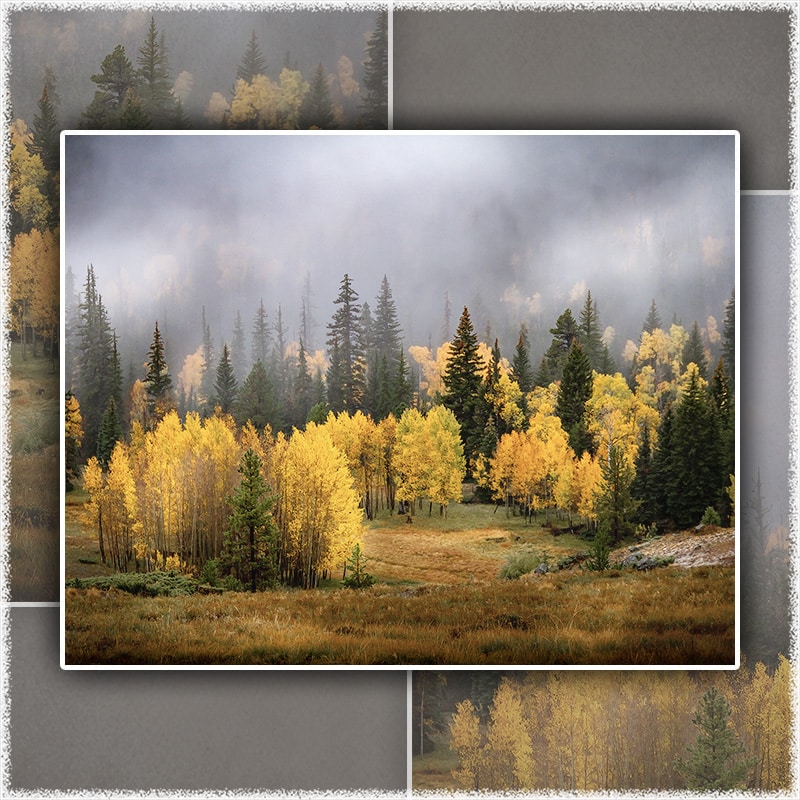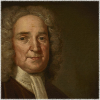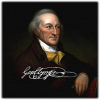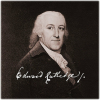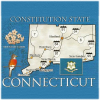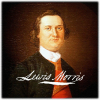First Government Assembly Held in Choir Loft
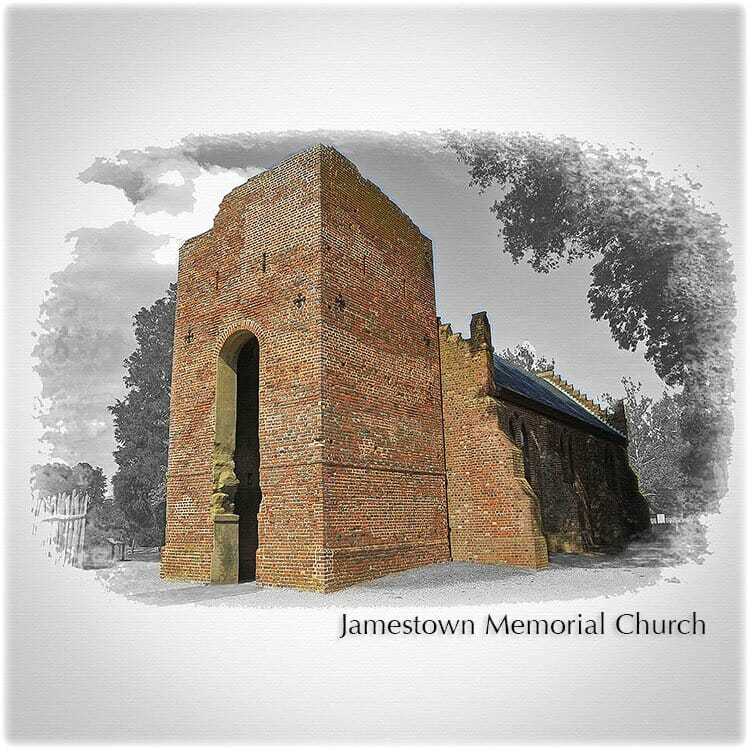
- 1
- 1share
A knowledge of the true history of America will smother the deception of the Left that suggests that America was founded as a secular nation. In fact, there is not a fragment of evidence to support this uneducated opinion, yet this myth that America was founded as a secular nation has persisted in American life since the mid-twentieth century. Educators and textbook publishers have conspired to remove statements from the historical record that clearly prove America's Christian origin. Little by little, this historical truth has been suffocated, allowing the cancer of secularism to begin to spawn the same atrocities in America that it has produced in Europe and other parts of the world where secularism has placed the soles of its feet. first government assembly
The earliest English government in America was ensconced within the Christian religion. Though presently America observes a constitutional republican form of government that emerged following the American Revolution, the attitude of American government under the Constitution was identical to the position held by the colonies concerning the role of Christianity in government. The details related to the first representative assembly in America is one of thousands of pieces of evidence that serve to demonstrate this fact.
Article Contents
Christianity in Permission to Settle America
From the beginning of America as a nation, the historical record clearly relates its Christian origin. The First Charter of Virginia granting permission to settle in the English-held territory of the New World clearly related why King James I consented to settlement. The Charter granted to the joint stock company known as the Virginia Company of London expressed the Christian convictions of King James:
We, greatly commending, and graciously accepting of, their Desires for the Furtherance of so noble a Work, which may, by the Providence of Almighty God, hereafter tend to the Glory of his Divine Majesty, in propagating of Christian Religion to such People, as yet live in Darkness and miserable Ignorance of the true Knowledge and Worship of God, and may in time bring the Infidels and Savages, living in those parts, to human Civility, and to a settled and quiet Government: DO, by these our Letters Patents, graciously accept of, and agree to, their humble and well-intended Desires.[1]
But Christianity was not only accorded an important part by King James' in the First Virginia Charter, it was also accorded an important role in the moral codes of all thirteen colonies. Though only eight of the thirteen colonies established official state churches, all the colonies possessed Christian standards for holding public office and held to Christian moral standards in colonial government.
Though King James granted permission to begin settlement of English territory in the New World in April 1606, it was not until December of the same year that 105 passengers departed from England on three ships—the Susan Constant, Godspeed, and Discovery—arriving at the Virginia coast in late April 1607.
From the founding of Jamestown, the Virginia Company struggled to develop a means of effective government of the colony. The initial government essentially consisted of a resident council of aristocracy, but during the first trying years of the colony, mismanagement by the council compelled the Virginia Company to appoint a royal governor and governor's council in 1609. When the Virginia Company in 1618 offered Englishmen land in exchange for settlement in Virginia, a new charter provided for a new system of government, allowing inhabitants the opportunity to participate in administering the colony's affairs. As a result, the first representative assembly in America was convened in Jamestown in 1619 to initiate the new form of government.[2]
On July 30, 1619, the first representative assembly in the western hemisphere was convened and was the beginning of Virginia's House of Burgesses—the term burgess being an English word for "citizen." The assembly consisted of Governor Sir George Yeardley, his council, and twenty-two representatives from James City, Charles City, City of Henricus, Kiccowtan, Martin Brandon, Smythe’s Hundred, Martin’s Hundred, Argall’s guiffe, Flowerdiew Hundred, Captain Lawne's Plantation, and Captain Warde’s Plantation.[3]
Of particular importance is the setting of this first representative assembly. From July 30 to August 4, 1619, this historic assembly was convened in the Jamestown church.[4] More specifically, as noted by John Pory—who exercised the dual roles of speaker and secretary—the members of the assembly met in the "Quire" or choir loft of the church during their sessions.
But forasmuch as men's affaires do little prosper where God's service is neglected, all the Burgesses took their places in the Quire [choir loft] till a prayer was said by Mr. Bucke, the Minister, that it would please God to guide and sanctify all our proceedings to his own glory and the good of this Plantation ... The Speaker ... delivered in brief to the whole assembly the occasions of their meeting. Which done he read unto them the commission for establishing the Counsel of Estate and the general Assembly, wherein their duties were described to the life ... And forasmuch as our intent is to establish one equal and uniform kind of government over all Virginia andc.[5]
And, what is more important for the consideration of contemporary Americans is the fact that the Ten Commandments were displayed behind the altar of the church where the assembly was convened. Replicas of the Ten Commandments that witnessed this first representative assembly are presented below—the wording and numbering being retained from the Jamestown Church:
The Ten Commandments
I. Thou shalt have none other gods but me.
II. Thou shalt not make to thyselfe any graven image.
III. Thou shalt not take the name of the Lord thy God in Vaine.
IIII. Remember that thou keepe holy the Sabbath day.
V. Honour thy father and thy mother.
VI. Thou shalt doe no murther.
VII. Thou shalt not commit adultery.
VIII. Thou shalt not steale.
IX. Thou shalt not beare false witnes against thy neighbor.
X. Thou shalt not covet.
During their six-day meeting, the members regulated the price of tobacco, and established prohibitions against gambling, drunkenness, idleness, and mandated Sabbath observance.[6] From the very first representative assembly in America, the Ten Commandments were silent witnesses to the proceedings of that important meeting. If, by their example, these colonial American Fathers did not believe it was "unconstitutional" to convene such a momentous meeting in a Christian church; if they did not believe it was "unconstitutional" to begin there gathering with Christian prayer; and if they did not—by their example—believe it was "unconstitutional" to convene their meeting in the presence of the Ten Commandments, then why have Americans allowed a liberal judiciary to rob them of their heritage? If something must go, let it be these judges who have reshaped America according to their own subjective dictates!
America deserves to know its true heritage.
Please contribute today!
"Anchor Elements" are concepts, events, individuals, terms, or other important components that are featured in this article and which act as reference points for use in other articles throughout our site.
No index entries found.
[1] Original orthography retained. "The First Charter of Virginia; April 10, 1606," Yale Law School, Lillian Goldman Law Library, July 6, 2015; http://avalon.law.yale.edu/17th_century/va01.asp.
[2] "The First General Assembly," Historic Jamestowne, July 29, 2017; http://historicjamestowne.org/history/the-first-general-assembly/.
[3] The assembly included Governor Sir George Yeardley and members of the governor's council, which included, Reverend William Wickham, Mr. Samuel Macock, Mr. John Rolfe, Mr. John Pory (who was designated secretary and speaker), Captain Nathaniel Powell, and Captain Francis West. John Twine was made clerk of the General assembly and Thomas Pierse the Sergeant of Arms.
Plantations and their representatives included, from James City, Captain William Powell and Ensign William Spense; from Charles City, Samuel Sharpe and Samuel Jordan; from the City of Henricus, Thomas Dowse and John Plentine; from Kiccowtan, Captaine William Tucker and William Capp; from Martin-Brandon, Captain John Martins Plantation, Mr. Thomas Davis and Mr. Robert Stacy; from Smythes Hundred, Captain Thomas Graves and Mr. Walter Shelley; from Martins Hundred (also known as Wolstenholme), Mr. John Boys and John Jackson; from Argals Guifte, Mr. (Thomas) Pawlett and Mr. (Edward) Gourgainy; from Flowerdieu Hundred, Ensign (Edmund) Rossingham and Mr. (John) Jefferson; from Captain Lawnes Plantation, Captain Christophor Lawne and Ensign Washer; from captain Wardes Plantation, Captain (John) Warde and Lieutenant (John) Gibbes. "Jamestown's First Representative Assembly," National Park Service, July 29, 2017; https://www.nps.gov/jame/learn/historyculture/members-of-the-jamestown-first-representative-assembly.htm.
[4] History of Construction: 1617 – Original Church on this site (featured picture); 1639 to 1643 – Church tower (pictured here); 1750 – Original church abandoned; 1907 – Main sanctuary of church constructed with original 1639 tower.
[5] "The House of Burgesses," ushistory.org, July 29, 2017; http://www.ushistory.org/us/2f.asp.
[6] "First Legislative Assembly in America," History, July 29, 2017; http://www.history.com/this-day-in-history/first-legislative-assembly-in-america.
first government assembly
first government assembly
first government assembly
first government assembly
first government assembly
first government assembly
first government assembly
first government assembly
first government assembly
first government assembly
first government assembly
first government assembly
first government assembly
first government assembly
first government assembly
first government assembly
first government assembly
first government assembly
first government assembly
first government assembly
first government assembly
first government assembly
first government assembly
first government assembly
first government assembly
- 1
- 1share

